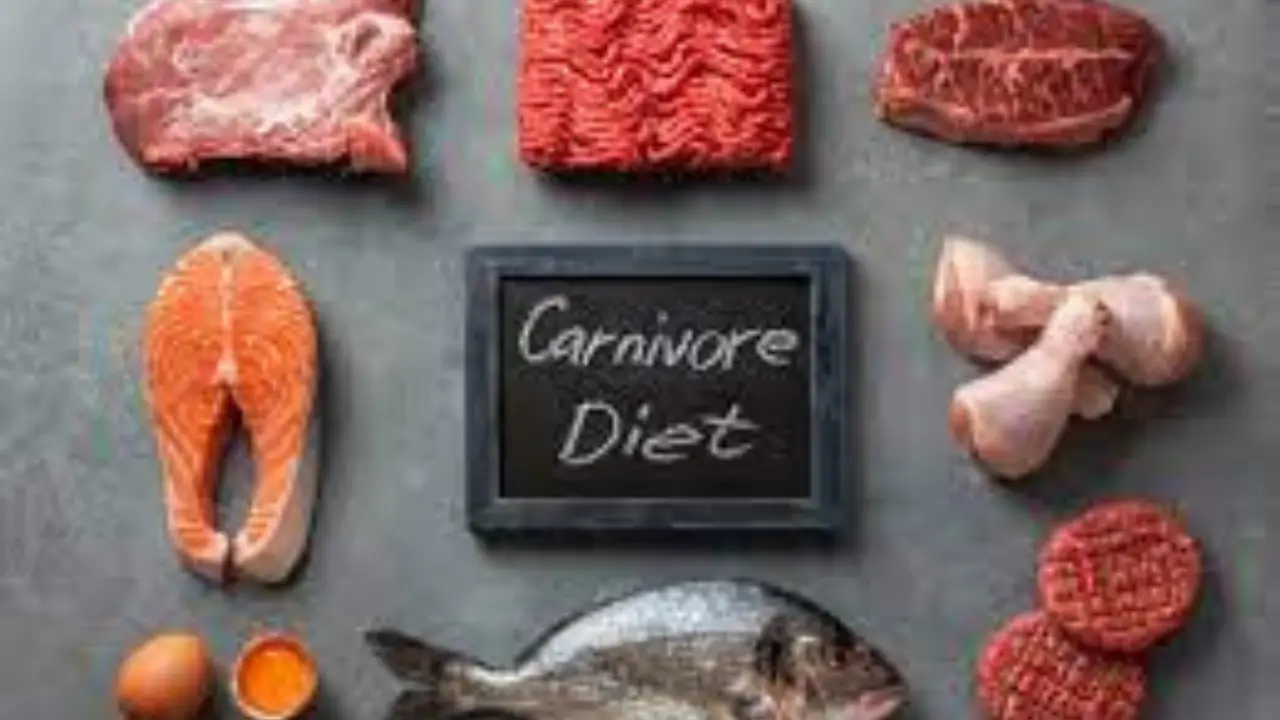
Air Purifiers for Home Large Room Up to 1250 Ft², MOOKA H13 HEPA Air Purifier for Pets Dust Odor Smoke, Aromatherapy Function, Air Cleaner with 15dB Quiet Sleep Mode for Bedroom Office Living Room
20% OffNutrient Density on a Carnivore Diet: Exploring Essential Vitamins and Minerals
In recent years, the carnivore diet has gained significant attention for its unique approach to nutrition. This diet, which primarily consists of animal-based foods, raises important questions about nutrient density and whether it provides the essential vitamins and minerals our bodies need. In this article, we’ll delve into the world of nutrient density on a carnivore diet, exploring the key vitamins and minerals that are vital for maintaining health and well-being.
What is a Carnivore Diet?
Before we dive into the details of nutrient density, let’s define what a carnivore diet is. At its core, a carnivore diet is a dietary regimen that consists primarily of animal-derived foods. This includes meat, fish, poultry, and other animal products. Unlike many other diets, a carnivore diet strictly avoids plant-based foods. It has gained popularity for its potential health benefits, particularly in addressing certain health conditions.
Nutrient Density Explained
Nutrient density refers to the concentration of essential vitamins and minerals in a given food or diet. Essentially, it measures how many vital nutrients you can obtain from a specific amount of food. For those following a carnivore diet, understanding nutrient density is crucial to ensure they’re meeting their nutritional needs.
Key Vitamins on a Carnivore Diet
Vitamin A
Vitamin A is essential for maintaining healthy vision, immune function, and skin health. While it’s commonly associated with fruits and vegetables, a carnivore diet can provide ample vitamin A through foods like liver, eggs, and certain types of fish.
Vitamin D
Vitamin D is crucial for calcium absorption, bone health, and overall immunity. Fortunately, sunlight exposure and fatty fish, such as salmon and mackerel, can help carnivore dieters obtain the necessary vitamin D levels.
Vitamin K2
Vitamin K2 plays a vital role in blood clotting and bone health. It can be sourced from animal products, particularly fermented foods like cheese and certain animal fats.
Essential Minerals on a Carnivore Diet
Iron
Iron is necessary for transporting oxygen in the blood and preventing anemia. Red meat, especially organ meats like liver, is an excellent source of heme iron, which is highly absorbable by the body.
Zinc
Zinc supports immune function, wound healing, and DNA synthesis. It can be found in abundance in red meat, shellfish, and dairy products.
Magnesium
Magnesium is essential for muscle function, nerve transmission, and energy production. While plant foods are rich in magnesium, carnivore dieters can obtain it from nuts and seeds, which are sometimes included in the diet.
Omega-3 Fatty Acids
Omega-3 fatty acids are vital for heart and brain health. Fatty fish like salmon and sardines, staples in a carnivore diet, are excellent sources of these essential fats.
Challenges of a Carnivore Diet
While a carnivore diet can provide many essential nutrients, it’s not without challenges. Ensuring a balanced intake of vitamins and minerals can be tricky, and individuals may need to plan their meals carefully.
Maintaining Nutrient Density
To maintain nutrient density on a carnivore diet, variety is key. Incorporating a range of animal-based foods can help ensure a broad spectrum of nutrients.
Debunking Common Myths
There are several myths surrounding the nutrient content of a carnivore diet. Contrary to some misconceptions, it is possible to obtain essential vitamins and minerals on this diet with proper planning.
Personal Stories
Many individuals have reported significant health improvements on a carnivore diet. These personal stories serve as anecdotal evidence of the diet’s potential benefits.
Consultation with a Healthcare Professional
Before embarking on any diet, including the carnivore diet, it’s crucial to consult with a healthcare professional. They can provide personalized guidance based on your specific health needs and goals.
Conclusion
In conclusion, the carnivore diet can indeed provide essential vitamins and minerals when properly planned. Understanding nutrient density and the sources of these nutrients is essential for anyone considering or following this dietary approach. As with any diet, consulting with a healthcare professional is paramount to ensure your nutritional needs are met.
FAQs (Five FAQs related to the topic)
1. Is it safe to rely solely on animal-based foods for essential nutrients on a carnivore diet?
A carnivore diet can provide essential nutrients, but it requires careful planning to ensure you meet your nutritional needs. Consult with a healthcare professional for personalized guidance.
2. Are there any potential nutrient deficiencies associated with a carnivore diet?
Common deficiencies to watch for include fiber, certain vitamins, and minerals. To mitigate these, include a variety of animal products in your diet and consult with a healthcare provider.
3. Can a carnivore diet benefit individuals with specific health conditions?
Some individuals report improvements in certain health conditions on a carnivore diet, but it’s essential to approach any diet change under medical supervision, especially if you have preexisting health issues.
4. How can I maintain a balance of omega-3 and omega-6 fatty acids on a carnivore diet?
Fatty fish like salmon and sardines can help maintain a healthy balance of omega-3 and omega-6 fatty acids in your diet.
5. Is it necessary to take supplements on a carnivore diet?
Supplementation may be necessary to meet specific nutrient needs, such as vitamin D, especially if you have limited sun exposure. Always consult with a healthcare professional before starting any supplementation regimen.











